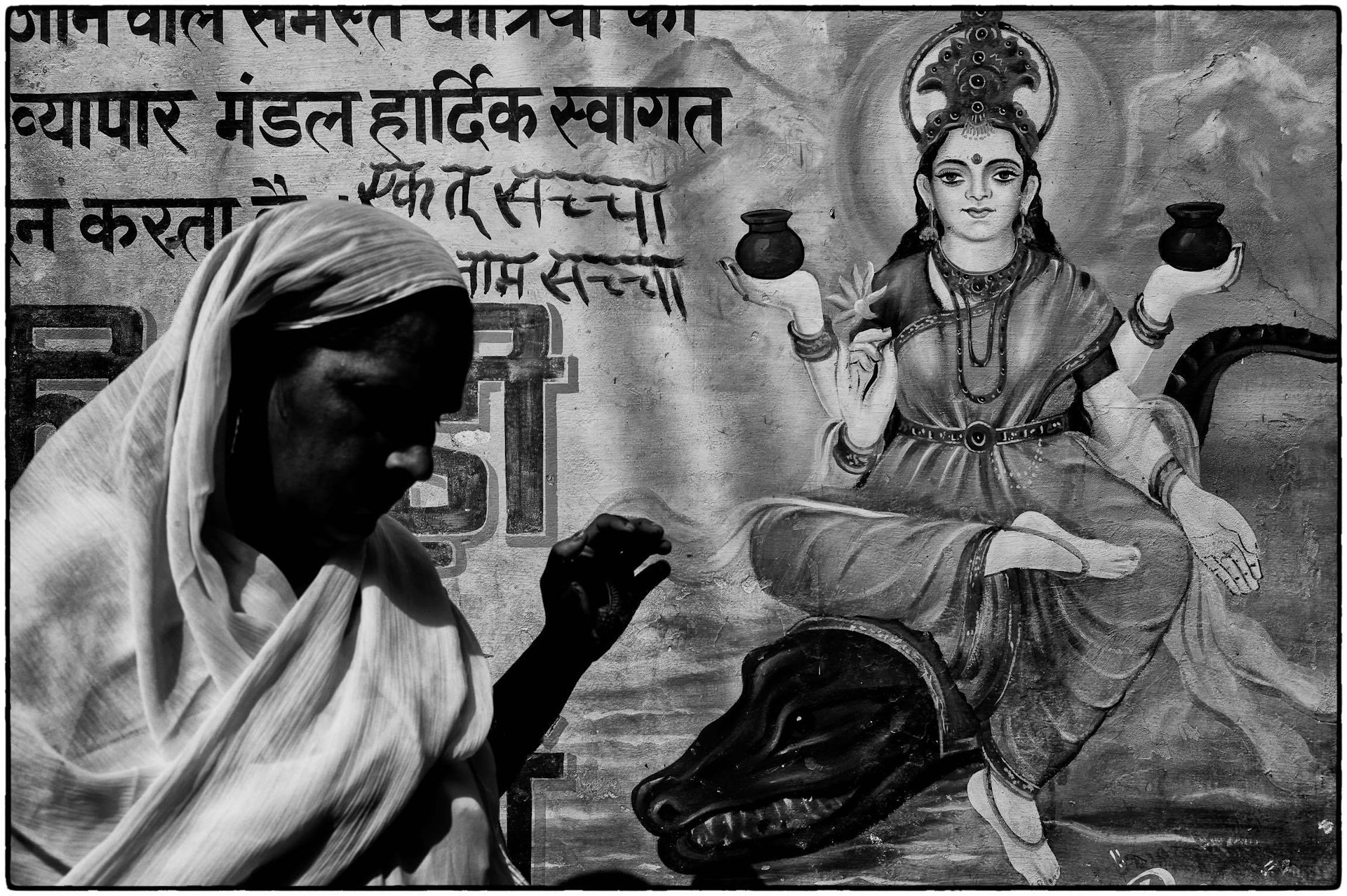
Is Fleabag the best we can do?
- Text by Aimee Cliff
Phoebe Waller-Bridge is good at a lot of things, but an Essex accent isn’t one of them. She proved as much earlier this year when she hosted Saturday Night Live, and took part in a sketch sending up Love Island. Playing a parody of an ‘Essex girl’, Waller-Bridge wore acrylic nails and lip fillers (“I asked the doctor for an allergic reaction”), the joke being that a woman like Waller-Bridge would never normally wear these things if not in costume. But it was good enough for her character, Bella-Rosa, who happily announced: “Me dad’s a boxer and me mum’s a pub.”
The segment left a bitter taste, mainly due to the fact that Waller-Bridge isn’t descended from a pub, but from English nobility on both sides of her family. It may have been playful (and definitely a case of something getting lost in translation overseas), but to a British viewer, there’s a nasty double standard underlining the sketch. When Waller-Bridge writes a TV show – Fleabag – about an upper-middle class woman who uses casual sex to self-soothe and avoid dealing with her trauma, she’s “creating the most perfectly perverse character on TV” and “gloriously affirming every woman’s right to screw up” – resulting in a ”near perfect work of art”. But when working class women date and have casual sex on Love Island, they get mocked by Waller-Bridge.
The sketch isn’t the only recent instance of Waller-Bridge being framed in strange context by US media. In an editorial with Vogue released this week, Waller-Bridge is photographed posing on a bus in designer clothes, surrounded by ‘ordinary’ people – most of whom are of colour. It’s unclear what the editorial was going for (something like the lackadaisical charm of Olivia Colman sipping a cup of tea in a ballgown, maybe?), but, as critic Natalie Olah pointed out on Twitter, it’s a jarring image.
In the story itself, we hear a little of Waller-Bridge’s backstory, including the fact that she has baronets and an MP in her family tree. But then there’s this detail about her time after graduating from the very prestigious Royal Academy of Dramatic Arts, in which we learn she was “temping, auditioning, getting no roles.” Waller-Bridge says that, as a young actress, she was judged at auditions on her looks. But the writer – Lauren Collins – notes that “Waller-Bridge, as a beautiful, private educated white woman, had a lot… going for her.” (Earlier in the year, Waller-Bridge was also quoted as saying that it was “absolutely, probably true” that her background gave her an advantage.)
Phoebe Waller-Bridge doesn’t need to apologise for being posh. But she also doesn’t need to have a “struggle” story, nor does she need to represent Britain in its entirety, nor be “changing the narrative” for women, in order for Fleabag to be considered good. As she becomes an international success story, we should be questioning US media’s positioning of Waller-Bridge as an unlikely champion, and interrogating the use of her to ‘punch down’ in sketches about the working class. How Waller-Bridge is presented to the world shouldn’t be divorced from the reality of the creative industries in Britain right now – which is to say, we have an epidemic of poshness.
I saw this picture of Phoebe Waller-Bridge in Vogue, and then I read about what her father did for work, then I went and looked up how much all the private schools she attended as a young person cost, and then I looked at this photo some more. pic.twitter.com/kMLiJugx9F
— Ho, ho, ho! Hattie Holidays! (@QueenHattieJean) November 7, 2019
When she took over as prime minister in 2016, Theresa May declared that she wanted Britain to be “the world’s great meritocracy”. But thanks to her party’s ruthless commitment to austerity, that dream was already dead in the water. Things are only getting worse, too; in a 2017 report, the Social Mobility Commission found a “stark social mobility postcode lottery”, concluding, “whole tracts of the population feel left behind, because they are”. Earlier this year, a government report showed that social mobility in the UK has been “virtually stagnant since 2014”, with children of professional parents 80 per cent more likely to have a professional career.
It’s no surprise that this has resulted in a total dearth of working class voices in our creative industries. Where we used to have working class women like Victoria Wood and Kathy Burke in primetime TV slots, we now have a swathe of privately educated people. It’s not just a problem in comedy, but across music, literature, film, and TV too. A 2018 study found that only 12.6 per cent of people in publishing have a working class background; 12.4 per cent in film, TV, and radio; 18.2 per cent in music, performing, and visual arts.
Waller-Bridge’s success is wonderful, but it shouldn’t be framed as surprising. The Sutton Trust reports that 42 per cent British BAFTA winners, 19 per cent of BRIT winners, and 67 per cent of British Oscar winners went to private schools (bearing in mind that about 6 per cent of the population are privately educated). Her international success in Britain’s age of austerity only confirms the dull reality of our socially immobile country.
So when we write that Waller-Bridge affirms “every woman’s right to screw up”, it’s important to ask: which women? As Rebecca Liu wrote in her brilliant essay for Another Gaze earlier this year: “For every celebration of a rich white woman as carelessly destructive with her life as her privileged male counterparts, we should ask what it is that gives her the ability to be so brazen, and who is sidelined as collateral.”
This is a problem that can’t be glossed over by dressing Waller-Bridge in working class cosplay, nor obscuring the immense privilege she comes from, nor describing her as a “scrappy British underdog”. Careless hyperbole tells us that every breakthrough artist has overcome a great struggle, and declares every great work of art as “all of us”. But Waller-Bridge isn’t all of us, and Fleabag definitely isn’t. It’s a very good show about a posh white lady. It’s okay to frame it that way, while also acknowledging that we need more stories than that.
Follow Aimee Cliff on Twitter.
Enjoyed this article? Like Huck on Facebook or follow us on Twitter.
